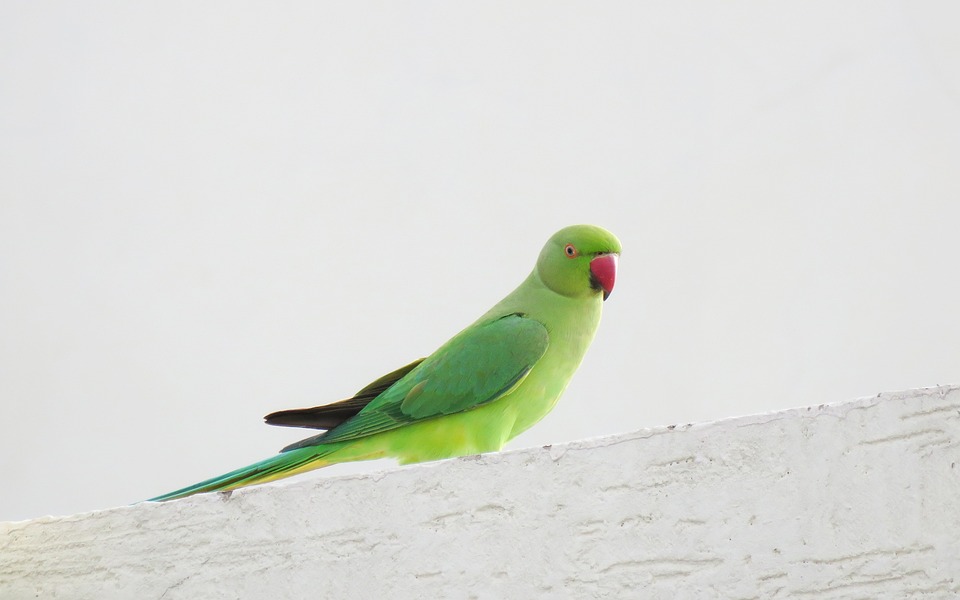Parrots are highly intelligent and social creatures that require proper sleep and rest for their overall well-being. Lack of sleep can significantly impact a parrot’s behavior, leading to signs of aggression and other behavioral issues. In this article, we will explore the various signs that indicate aggression in parrots caused by sleep deprivation. Additionally, we will provide insights into understanding and addressing these issues.
Sleep plays a vital role in the lives of parrots. Just like humans, parrots need adequate sleep to function properly. Sleep deprivation can disrupt their natural behavior patterns and lead to negative consequences. When parrots do not get enough sleep, they can become irritable, frustrated, and even aggressive.
There are several signs that indicate aggression in parrots due to lack of sleep. Increased vocalization and squawking are common signs of a parrot that is sleep-deprived. They may also exhibit biting and aggressive behavior towards humans or other animals. Feather plucking and self-mutilation are other indicators of sleep deprivation and can lead to serious health issues. Destructive behavior, such as excessive chewing, is also a sign of an agitated parrot. Additionally, parrots may display territorial behavior and become more prone to frustration and irritability.
Understanding the underlying causes of sleep deprivation is essential in addressing these behavioral issues. Inadequate sleep environment, such as exposure to bright lights or excessive noise, can disturb a parrot’s sleep. Disrupted sleep schedules, inconsistent daily routines, and frequent changes in the environment can also contribute to sleep disturbances. Stress and anxiety, health issues and pain, as well as nutritional deficiencies, can further disrupt a parrot’s sleep patterns.
To address sleep deprivation and reduce aggression in parrots, it is important to create a suitable sleep environment. This includes providing a quiet and dimly lit area, away from excessive noise and disturbances. A comfortable and secure sleeping perch or cage should be provided to ensure they feel safe and secure. Establishing a consistent sleep schedule is also crucial in helping parrots get the necessary rest they need.
Reducing stressors and providing mental stimulation can help alleviate sleep disturbances in parrots. This can be done by identifying and minimizing potential stressors in their environment and engaging them in mentally stimulating activities during waking hours. Addressing potential health issues through veterinary care is essential in ensuring that there are no underlying medical conditions contributing to sleep deprivation. Providing a balanced and nutritious diet is also important for promoting healthy sleep patterns in parrots.
In conclusion, recognizing signs of aggression in parrots due to lack of sleep is crucial for maintaining their overall well-being. By understanding the relationship between sleep and behavior, addressing potential causes of sleep deprivation, and providing a suitable sleep environment, you can help your parrot lead a happier and healthier life. Remember, if you’re unsure about your parrot’s behavior or sleep patterns, consulting with an avian veterinarian is always recommended.









